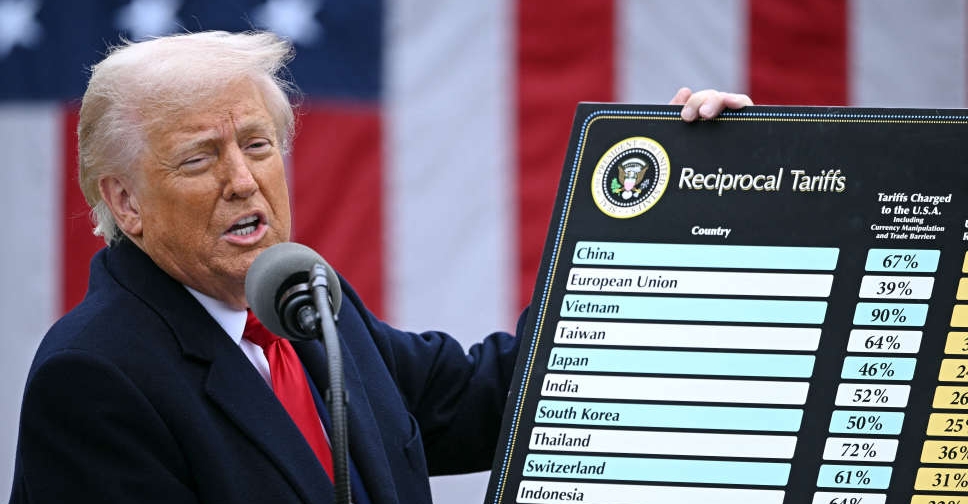
The Russian rouble tumbled to a record low against the dollar on Monday, after Western nations announced a harsh set of sanctions over the weekend to punish Russia for its invasion of Ukraine, including curbs on the country's currency reserves.
The rouble fell as far as 119.50 per dollar in Asian trading, a record low for the currency and a steep drop of 30 per cent from Friday's close. It subsequently recovered to around 110 per dollar.
Russian President Vladimir Putin ordered his military command to put nuclear-armed forces on high alert on Sunday, in response to Western reprisals for his war on Ukraine - the biggest assault on a European state since World War II.
Russia's central bank (CBR) announced a slew of measures on Sunday to support domestic markets, as it scrambled to manage the fallout of the sanctions that will block some banks from the SWIFT international payments system.
The central bank said it would resume buying gold on the domestic market, launch a repurchase auction with no limits and ease restrictions on banks' open foreign currency positions.
The currency had found some support last week from the first Russian central bank currency interventions since 2014, when Moscow annexed Crimea from Ukraine. Read full story
Analysts at Rabobank said the sanctions on currency reserves removed what little support the rouble had.
"Even the gold is not liquid if nobody can use FX in exchange for it. There will be a complete collapse in the rouble today..." they wrote.
Ray Attrill, head of FX strategy at National Australia Bank, said in a note on Sunday, "a collapse in the rouble appears inevitable on Monday morning", and there was an increased risk of a Russian debt default as a result of the weekend developments.
"For the rouble whilst you might see it should sell off somewhat, I really doubt you are going to see people put on fresh bets to sell the rouble at these levels – so you might well see it weakening, but I don’t think you will see people transacting all that heavily," said Peter Kinsella, London-based global head of FX strategy at UBP.
"There is a general lack of liquidity, and where you do see liquidity it is one-sided, skewed to rouble sellers. It will be tricky, I can see rouble weakening quite severely – but just because it is weakening doesn’t mean it will be transacting heavily."


 Shares bruised, dollar crumbles as Trump tariffs stir recession fears
Shares bruised, dollar crumbles as Trump tariffs stir recession fears
 Wall Street futures sink as tariffs fuel recession fears
Wall Street futures sink as tariffs fuel recession fears
 Trump to impose 10% tariff on UAE, Saudi Arabia imports
Trump to impose 10% tariff on UAE, Saudi Arabia imports
 UAE tops global entrepreneurship rankings for 4th straight year
UAE tops global entrepreneurship rankings for 4th straight year
 Emirates launches express delivery service
Emirates launches express delivery service




